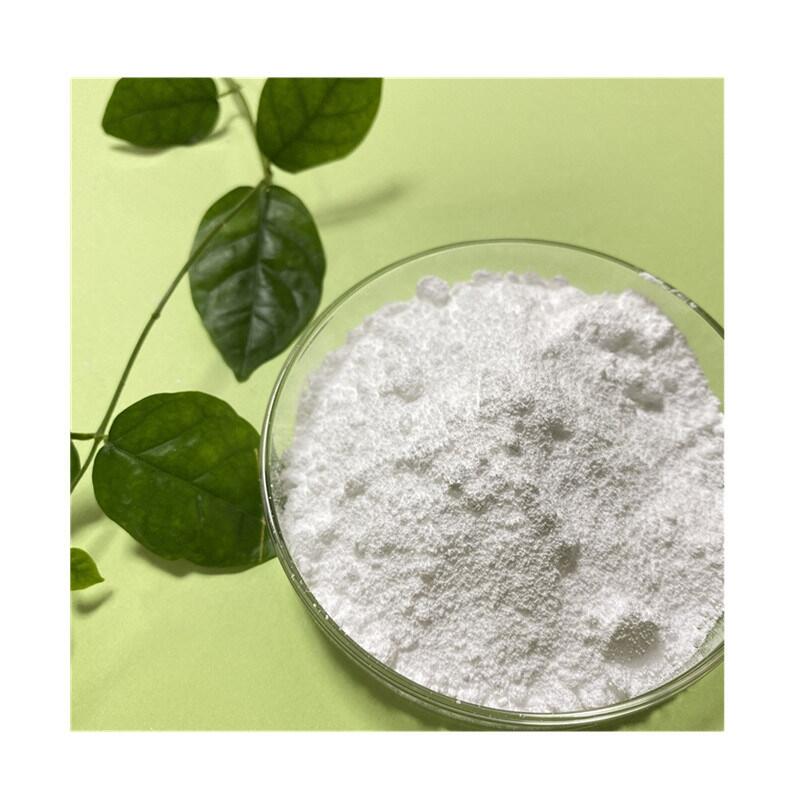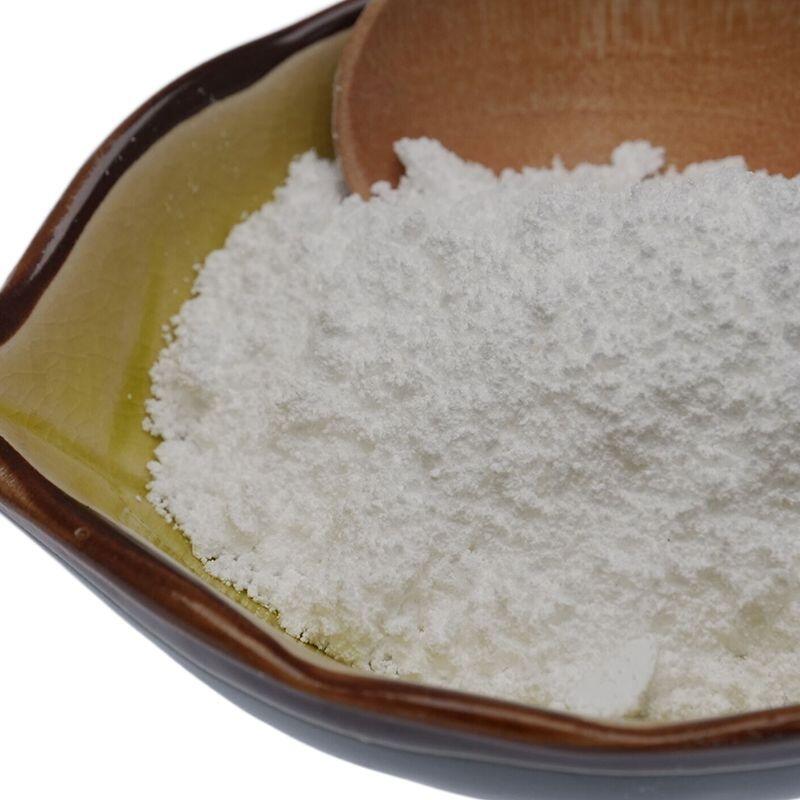-
Categories
-
Pharmaceutical Intermediates
-
Active Pharmaceutical Ingredients
-
Food Additives
- Industrial Coatings
- Agrochemicals
- Dyes and Pigments
- Surfactant
- Flavors and Fragrances
- Chemical Reagents
- Catalyst and Auxiliary
- Natural Products
- Inorganic Chemistry
-
Organic Chemistry
-
Biochemical Engineering
- Analytical Chemistry
-
Cosmetic Ingredient
- Water Treatment Chemical
-
Pharmaceutical Intermediates
Promotion
ECHEMI Mall
Wholesale
Weekly Price
Exhibition
News
-
Trade Service
On June 30, 2020, The Results of CheckMate-870 were presented at the American Association for Cancer Research's Annual Meeting (AACR 2020)CheckMate-870 is an open-label phase IIIB clinical study designed to assess the safety and efficacy of patients with advanced or metastatic non-small cell lung cancer after receiving oedivo monodrug treatmentThe study used a fixed dose of 240 mg and a 30-minute intravenous infusion (once every two weeks) until the patient developed disease progression or intolerance, for a maximum of 24 months of treatmentThe results showed that among non-HBVinfectedpatients, the most common level 3-4 treatment-related selective adverse reactions were mainly liver (2.3%), skin (1.6%), lung (1.0%) and endocrine (0.8%), and the incidence of selective adverse reactions in level 5 treatment was 0%In patients with HBV infection, the incidence of selective adverse reactions associated with level 3-5 treatment was 0%In all patients, the total incidence of adverse reactions associated with level 3-4 treatment was 12.8%, and the discontinuation rate caused by adverse reactions in level 3-4 treatment was 2.0%Studies have shown that Odivo's safety characteristics in the treated population are consistent with previous key studies based on weight dose (3 mg/kg) of 60-minute infusions, and no new safety signals have been foundin the intended treatment population of CheckMate-870, the researchers conducted a subgroup analysis of patients based on EGFR mutation, HBV infection, histological type, and PD-L1 expressionThe results showed that at 9.6 months of median follow-up time, the total survival rate of 6 months in all treated patients was 75% (95% CI: 70-79%), the objective remission rate (ORR) was 15.5%, the ORR was 17.6% and 15.4% in HBV-infected patients and non-HBV infection patients, and the ORR of eGFR gene mutation sygenic and non-mutant patients was 14.7% and 14.2%, respectivelyIt was confirmed that Odivor had anti-tumor activity in hBV infection and EGFR mutation population"As the first cancerimmuno
therapy drug approved for sale in China, the safety of Odivor has been widely proven in clinical practice at home and abroad," said Professor Lu Wei, chief of oncology at The Thoracic Hospital affiliated with Shanghai Jiaotong UniversityThe study further confirmed that the fixed dose 30-minute infusion program was equally safe in patients with advanced or metastatic non-small cell lung cancer, mainly in Chinese patients, including patients with EGFR mutations and HBV infections This provides new evidence for improving the convenience of clinical use and applying to specific populations, and more patients with advanced non-small cell lung cancer will benefit from Odivo's treatment "
, " said Yan Qiao, head of medical affairs at the 's 100-times-american Squibb Chinese mainland and Hong Kong medical affairs, "Lung cancer is one of the most high-risk diseases in China and the world, and there is a huge need for unmet treatment in patients with advanced non-small cell lung cancer." The CheckMate-870 study provides new scientific understanding of Odivor's use of doses in Chinese groups and its application in special populations In the future, we will continue to explore the potential benefits of oncology immuno
treatment for different groups of patients, and help them overcome serious illness by providing a broadrange range of treatment options that lead to more innovative and convenient treatment options for a wider range of patients "
on CheckMate-870 Study CheckMate-870 is an open-label PHASE IIIB clinical study designed to assess the safety and efficacy of patients with advanced or metastatic non-small cell lung cancer (including squamous and non-scale cancer) who were treated with Odivo monosine, which are mainly in Chinese patients A total of 400 Asian patients were enrolled in the study, of which 394 were Chinese patients All patients receive 240 mg, 30 minutes, every biweekly intravenous infusion until the disease progresses or intolerable toxicity occurs, for a maximum of 24 months of treatment study included 17 patients with HBV (HBV) infection (HBV DNA 500 IU/ml), as well as some patients with EGFR gene mutations (34 cases) and ALK gene fusion (10 cases), who had previously received two systemic treatments, including targeted therapy and chemotherapy the main study endpoint was the incidence of high-level (3-5 levels) of selective adverse reactions in patients with non-HBV infection Secondary studies ended in the incidence of high-level (3-5) treatment-related selective adverse reactions in patients with HBV infection, the safety of all patients, and the effectiveness of different histological types, PD-L1 expression states, and HBV infection and EGFR mutations, including OS (total survival), ORR (objective mitigation rate), PFS (no progression survival) and other states of HBV infection and EGFR The study also carried out exploratory analysis of drug economics, HBV DNA changes in patients with hepatitis B infection, patient report outcomes, biomarkers, and so on Source: MedSci






